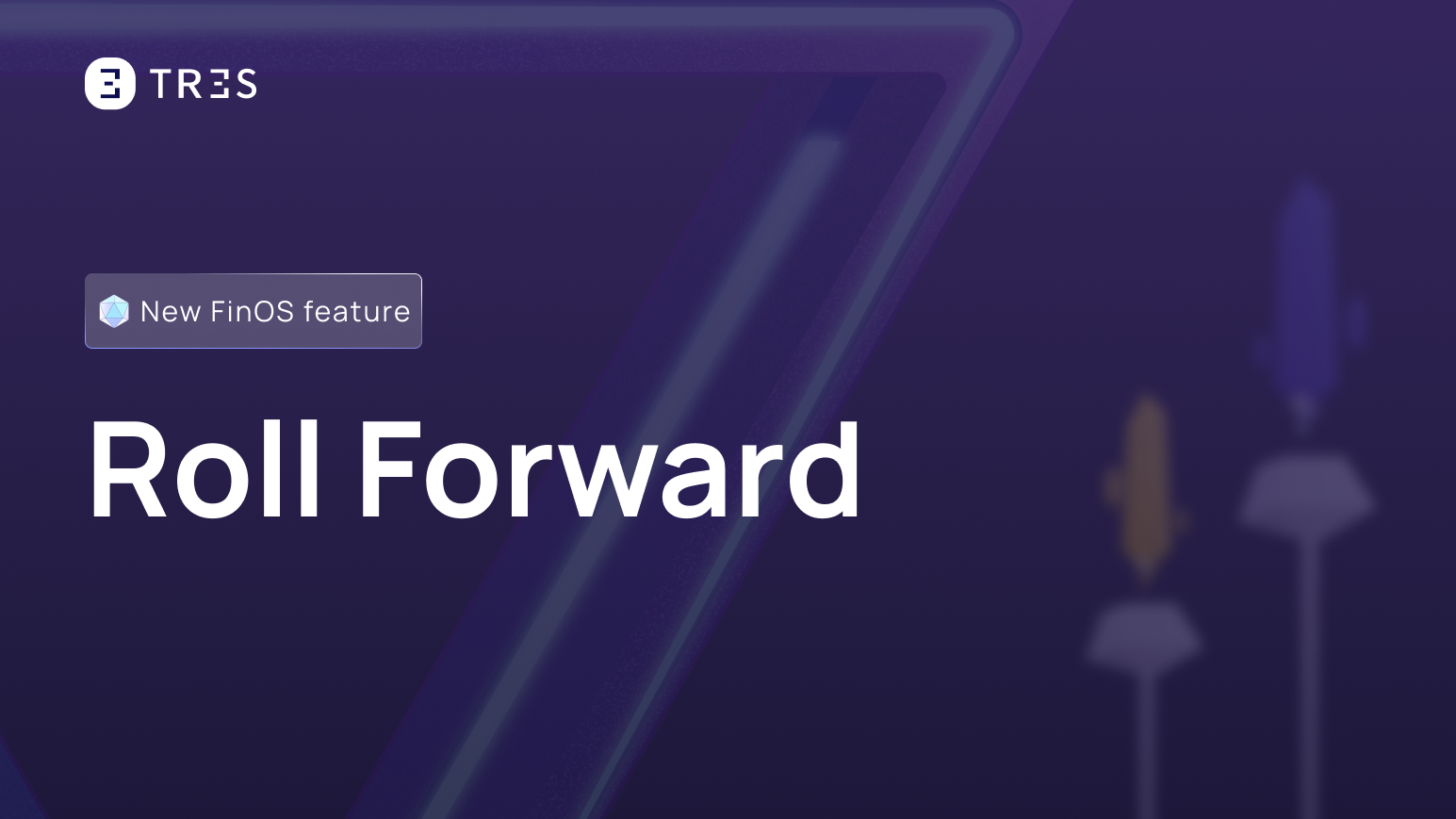Supported features
Balances
Supported
Transactions
Supported
Staking Positions
Supported
FinOS
Supported

